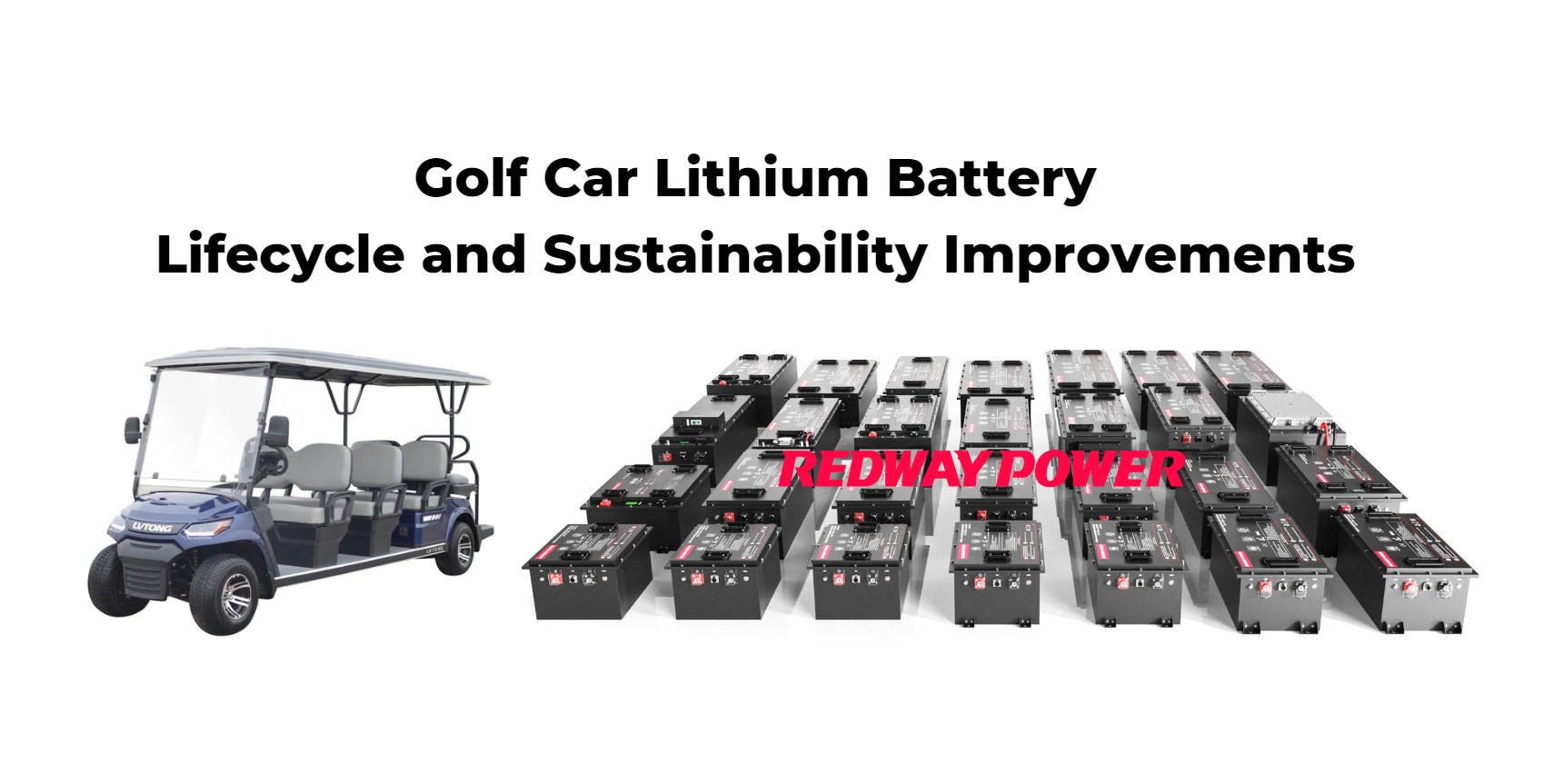Manufacturers improve LiFePO4 battery technology by enhancing energy density, developing better battery management systems, and using advanced materials that increase safety and efficiency. These innovations lead to longer lifespans and faster charging times, making them ideal for golf carts.
What Are the Advantages of LiFePO4 Batteries for Golf Carts?
LiFePO4 batteries offer several advantages for golf carts, including longer lifespan (up to 5,000 cycles), faster charging, lighter weight, and consistent power output. They also have lower maintenance needs and are more environmentally friendly than lead-acid batteries.
LiFePO4 batteries offer numerous advantages over traditional lead-acid batteries, including:
Wholesale lithium golf cart batteries with 10-year life? Check here.
- Longer Lifespan: Typically lasting between 2000 to 5000 cycles.
- Reduced Weight: Significantly lighter, enhancing maneuverability.
- Faster Charging: Capable of reaching full charge within hours.
These factors contribute to a more efficient and enjoyable golfing experience.
How Does LiFePO4 Technology Enhance Golf Cart Performance?
LiFePO4 technology enhances golf cart performance by providing a lightweight power source that improves handling and speed. The batteries maintain voltage throughout their discharge cycle, ensuring reliable power even under heavy loads or on hilly terrain.
Want OEM lithium forklift batteries at wholesale prices? Check here.
Why Choose Lithium Batteries Over Lead-Acid?
Choosing lithium batteries like LiFePO4 over lead-acid offers benefits such as longer lifespan, faster charging times, lighter weight, and better efficiency. These factors contribute to lower long-term costs and improved performance in golf carts.
What Are the Environmental Benefits of LiFePO4 Batteries?
LiFePO4 batteries are environmentally friendly as they contain no toxic heavy metals like lead. They are recyclable and have a longer lifespan, which reduces waste and the need for frequent replacements, minimizing their overall environmental impact.
How Do LiFePO4 Batteries Compare with Other Battery Technologies?
LiFePO4 batteries compare favorably with other battery technologies due to their safety, longevity, and efficiency. They outperform traditional lead-acid batteries in lifespan and performance while being safer than some lithium-ion alternatives that may use more hazardous materials.
What Innovations Are Driving LiFePO4 Battery Development?
Innovations driving LiFePO4 battery development include advancements in battery chemistry for improved energy density, enhanced battery management systems for better performance monitoring, and new manufacturing techniques that reduce costs and environmental impact.
How Can Golf Cart Owners Maximize Battery Lifespan?
Golf cart owners can maximize LiFePO4 battery lifespan by avoiding deep discharges, keeping the batteries charged between uses, maintaining clean terminals, and storing them in a cool, dry place to prevent overheating.
To maximize battery lifespan, owners should follow best practices such as:
- Regularly monitoring battery health.
- Avoiding deep discharges.
- Utilizing appropriate charging techniques.
These steps ensure optimal performance over time.
What Are the Cost Implications of Switching to LiFePO4 Batteries?
Switching to LiFePO4 batteries involves higher initial costs but leads to long-term savings due to lower maintenance needs and fewer replacements. Their longevity makes them a cost-effective choice over time for golf cart owners.
How Are Manufacturers Innovating in Battery Chemistry?
Manufacturers are innovating in battery chemistry by developing new compounds that enhance energy density and stability while reducing costs. These advancements aim to improve performance and safety in applications like golf carts.
What Role Does Technology Play in Battery Management Systems?
Technology plays a crucial role in battery management systems (BMS) by monitoring battery health, managing charging cycles, and ensuring safe operation. A good BMS enhances performance and extends the lifespan of LiFePO4 batteries.
When Should Golf Cart Owners Consider Upgrading Their Batteries?
Golf cart owners should consider upgrading to LiFePO4 batteries when their current batteries show signs of reduced performance or require frequent replacements. Upgrading can enhance overall efficiency and save money in the long run.
Expert Views
“LiFePO4 technology represents a significant leap forward for golf carts,” states an expert from Redway Power. “With ongoing innovations in battery chemistry and management systems, we can expect even greater improvements in performance and sustainability.”
Conclusion
The advancements in LiFePO4 battery technology signify a transformative era for golf carts, offering enhanced performance, safety, and environmental benefits. As manufacturers continue to innovate, golfers can look forward to more efficient rides on the course.
FAQs
- What is the lifespan of a LiFePO4 battery?
A typical lifespan ranges from 2000 to 5000 cycles depending on usage conditions. - Do lithium batteries charge faster than lead-acid?
Yes, lithium batteries can reach full charge within just a few hours compared to lead-acid options. - Are there environmental benefits to using LiFePO4 batteries?
Yes, they contain no toxic heavy metals and have a longer lifespan which reduces waste.







